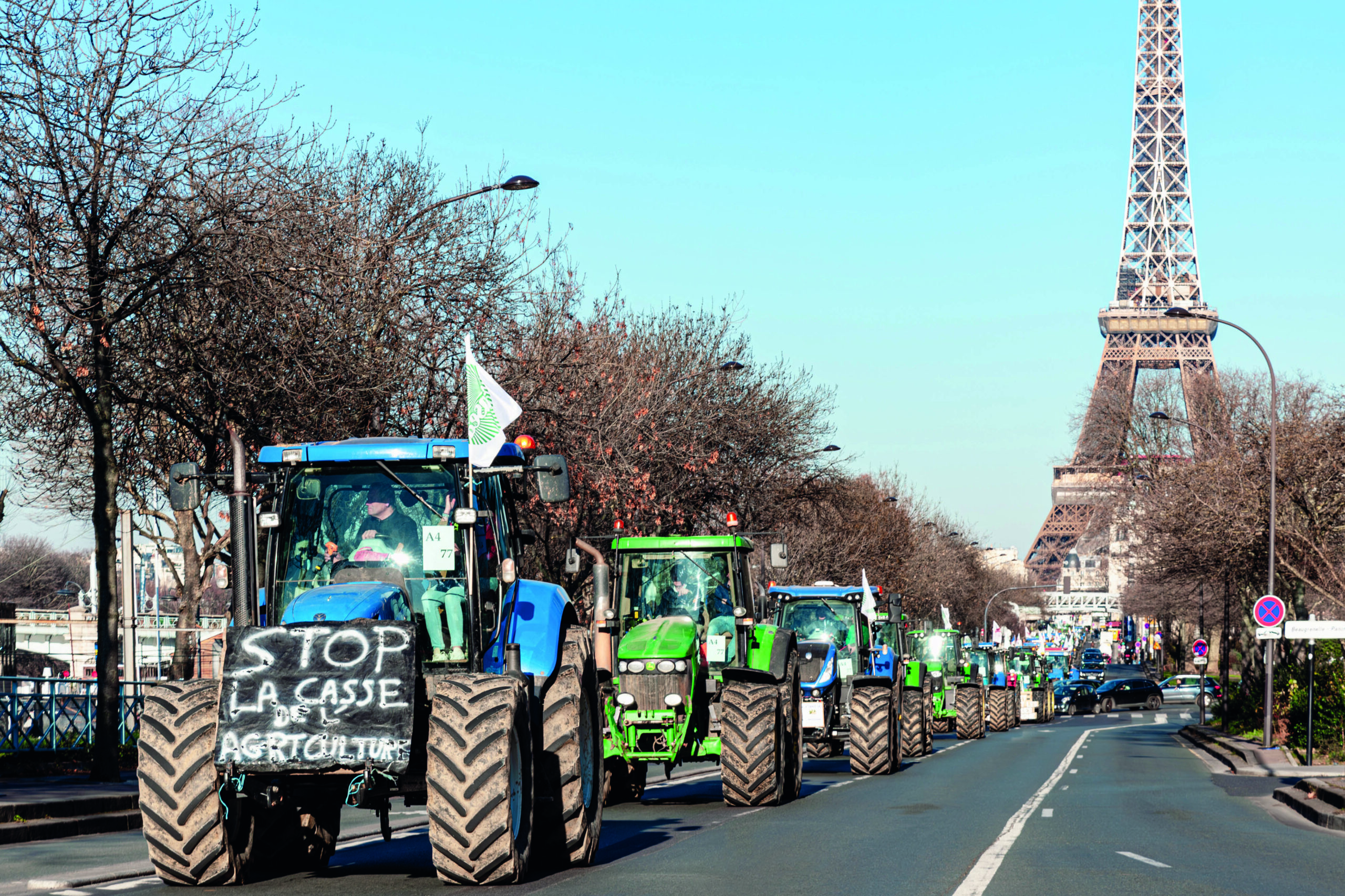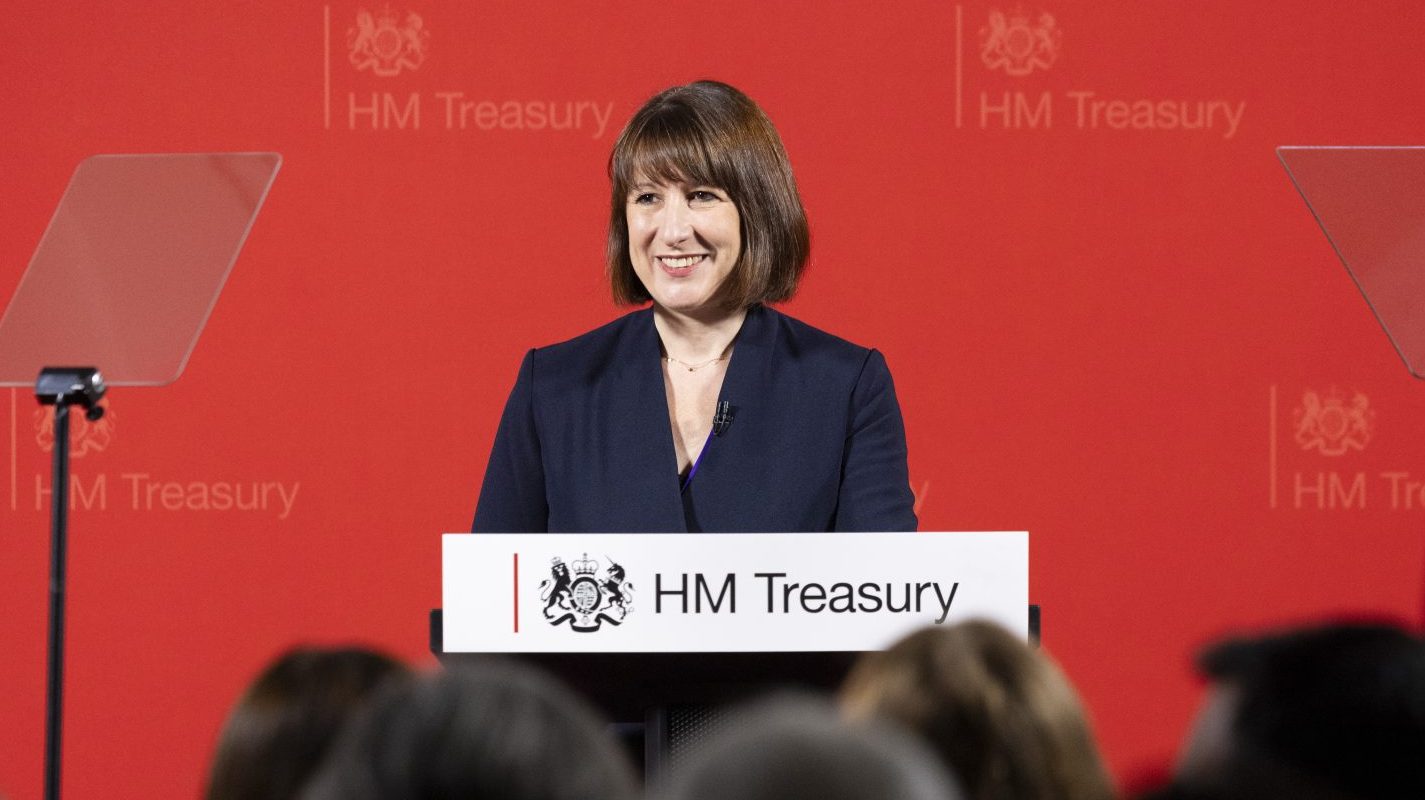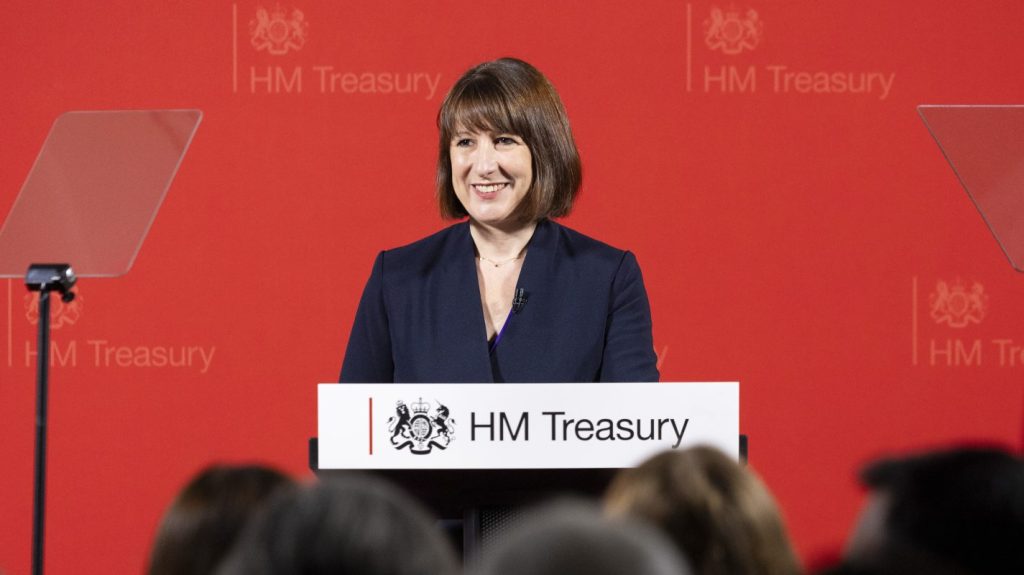News
French farmers blockade main highways into Paris
Would you like to speak to our readers? We offer sponsored articles and advertising to put you in front of our audience. Find out more. French farmers demonstrating with tractors, in Paris, Beaugrenelle quarter. February 8th, 2023.
French farmers demonstrating with tractors, in Paris, Beaugrenelle quarter. February 8th, 2023.
Outraged French farmers parked hundreds of tractors across motorways into Paris in protest. They claim they are being hit by falling incomes, environmental regulations, increasing volumes of red tape and competition from imports. The “siege” may encourage British farmers to protest against similar treatment, according to countryside commentators.
With further protests taking place across Europe, French authorities say 15,000 police were mobilised to stop tractors entering Paris and other cities on 29 January. Thousands of farmers moved to block major highways to the capital as similar protests took place in Germany, Belgium and The Netherlands. While farming unions have called the protest “a siege of Paris”, secondary roads to the city have remained open.
Farmers say their aim is to stop food deliveries reaching supermarkets — something officials have warned them not to do. Police have been given orders not to intervene and, as ST went to press, there have been no major clashes.
The head of France’s biggest farmers’ union, the National Federation of Agricultural Holders’ Unions (FNSEA), Arnaud Rousseau, said the goal was to force the government to find a quick resolution to the stand-off. Mr Rousseau said the protest movement would continue everywhere in France “with the very concrete objective of having emergency measures announced” — especially surrounding food prices.
In response to the blockades, French government spokeswoman Prisca Thevenot said new measures would be announced, following the additional governmental support for farmers whose animals fall ill, which was announced last week. French president Emmanuel Macron will attend meetings in Brussels to discuss the agriculture industry and EU-wide support for farmers.
Conservationist, farmer and author Jamie Blackett told ST: “Finally, the farmers’ protests across Europe have become so loud that the BBC has had to cover them. The same agrarian unrest is palpable in the UK and the issues are the same — unfair competition, too much bureaucracy from an overmighty state and falling incomes. If anything, there is more reason to take to the barricades here: the democratic deficit in the countryside is greater.
“No French government would dare ban foxhunting and wage a culture war against its rural minority. There have been similar demonstrations already in the Highlands and it will not be a surprise if farmer protests spread across the UK.”
Related articles
News
PETA attacks royal couple for breeding cocker pups
The Prince and Princess of Wales have faced criticism from animal rights group PETA after they had a litter of puppies
By Time Well Spent
News
Farmers launch legal review against Reeves’s farm tax
Chancellor Rachel Reeves faces a judicial review over inheritance tax reforms that could force family farms out of business
By Time Well Spent
Manage Consent
To provide the best experiences, we use technologies like cookies to store and/or access device information. Consenting to these technologies will allow us to process data such as browsing behavior or unique IDs on this site. Not consenting or withdrawing consent, may adversely affect certain features and functions.
Functional Always active
The technical storage or access is strictly necessary for the legitimate purpose of enabling the use of a specific service explicitly requested by the subscriber or user, or for the sole purpose of carrying out the transmission of a communication over an electronic communications network.
Preferences
The technical storage or access is necessary for the legitimate purpose of storing preferences that are not requested by the subscriber or user.
Statistics
The technical storage or access that is used exclusively for statistical purposes.
The technical storage or access that is used exclusively for anonymous statistical purposes. Without a subpoena, voluntary compliance on the part of your Internet Service Provider, or additional records from a third party, information stored or retrieved for this purpose alone cannot usually be used to identify you.
Marketing
The technical storage or access is required to create user profiles to send advertising, or to track the user on a website or across several websites for similar marketing purposes.





